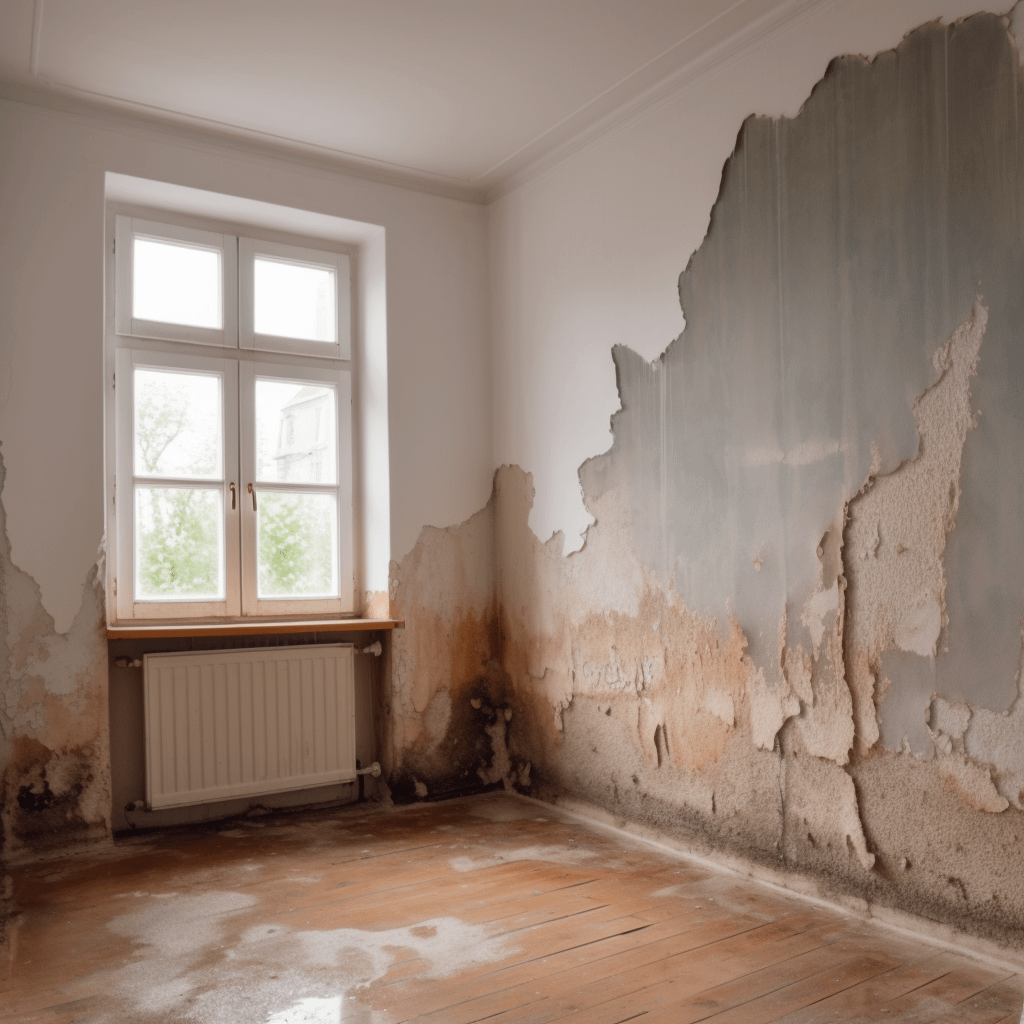Cold weather threatens homeowners every winter. Certain states are more at risk for winter weather property damage due to long-term or even perennial freezing temperatures. Homeowners who live in seasonal climates with freezing weather conditions may experience winter storm damage from heavy snow, blizzards, frigid temperatures, icicles, extreme wind chill, and ice accumulation. These can cause many common types of property damage — including roof damage, burst pipes, flooding, and hail damage.
Although winter damages are unavoidable in most cases, many homeowners find themselves in a tough spot when claiming insurance for winter-related damage on their properties. At Wallace Law, our insurance claim dispute attorneys can help you maximize the claims you may be entitled to under your property insurance policy.
Contact us today to schedule a free review of your claim.
Burst Pipes During Freezing Temperatures
Extreme cold weather can wreak havoc in your home and cause serious issues like burst pipes. When pipes are exposed to below-freezing conditions, usually 20 degrees below, for six or more consecutive hours, they can rupture under pressure. This is because water expands when it is close to freezing, thereby increasing the pressure inside the pipe.
Leaking or burst pipes can cause severe water damage, mold, and mildew growth. In worst-case scenarios, serious water damage can weaken the structural integrity of a house which can rot and collapse when enough water is absorbed. Untreated water damage can ruin electrical systems, corrode plumbing, and destroy ceilings and walls.
Water damage is one of the most challenging losses homeowners face and can easily result in thousands of dollars in property damage. It is important to take reasonable steps to help mitigate winter storm damage, such as insulating exposed pipes and running water through pipes to help prevent it from freezing, so you can protect your home from unwanted, expensive repairs. However, sometimes freezing pipes are unavoidable. If you experience damage, a bad faith insurance attorney can help you understand the ins and outs of your property insurance coverage and how you may obtain the highest amount of compensation possible for your claim.
Roof Damage Caused by Ice and Snow
There are many different ways snow, ice, and hail can damage your roof in winter. For example, your roof may thaw and re-freeze with a change in temperature, causing a buildup of ice. As ice collects on your roof, the sheer weight of it can cause structural damage. Ice and icicles may detach and fall off the roof once the sun warms the roof shingles and gutters.
Ice dams are another seasonal hazard that can damage your roof and cause property damage. Ice dams form when melted snow runs down the roof, and freezes before being adequately drained out. This buildup can later cause issues such as mold in your home’s ceiling and walls. Roof vents covered with ice may also trap heat in the attic.
Hail stones, or irregular lumps of ice, cause considerable damage to roofs as well. These may include leaks and even structural damage of your roof.
Winter Winds and Snow Storm Damage
High winds have the potential to cause severe damage to your homes in any season; however, winter winds tend to be stronger. Gusty winter winds can come with a combination of heavy snow and wind chills.
Wind damage caused by blizzards or other winter storm winds, can pack a punch and impact multiple areas of your home at once, including:
- Windows
- Doors
- Roof
- Fencing
- Unattached structures
- Siding
- Walkways
If your insurance company has delayed, underpaid, or refused to pay for your wind damage claim, you may want to consult an insurance dispute lawyer to hold your insurers accountable. Our bad faith insurance attorneys can help ensure your insurance company covers any qualified winter wind damage claims within an appropriate time frame.

Flooding in Severe Winter Weather
Floods can cause serious structural damage to your property. Floods are common in cold climates due to rapidly changing temperatures that can cause sudden thaws of heavy snow and ice. These quickly release large amounts of water, which may cause winter flooding. Winter rain storms can also result in flash floods or downpours. For homeowners, an influx of water in and outside of homes might mean exterior and interior damage that continues through springtime.
While basic homeowners insurance policies usually do not cover flooding due to the expenses involved, our insurance dispute attorneys at Wallace Law are available to fight against unfair denials or lowball offers for flood damage in winter.
Tips for Filing Homeowners Insurance Claims During Winter
It is not easy to keep track of the terms and conditions of your insurance policy and know exactly what provisions may apply in which type of situations. Fortunately, there are ways in which you may maximize your property damage insurance claim. If you are a homeowner, you can do basic due diligence for your property damage claim by:
- Taking preventative steps to help mitigate winter damage as much as possible: You can do this by having a winter storm maintenance plan that may include steps like snow and ice removal
- Diligently documenting all losses for your insurance company
- Getting repairs done immediately to prevent further damage
- Filing a claim quickly
- Consulting a bad faith insurance lawyer as soon as any claims issues arise
Contact Wallace Law To Fight Against Underpaid, Delayed, or Denied Property Damage Claims
Insurance companies are bound to uphold the terms of their insurance policies, and yet, property insurance claims get denied for all sorts of reasons. Some insurers may deny your claims by citing a lack of proof of damage, coverage restrictions, or other reasons. You do not want to be stuck in a situation where your property damage claim is not being paid at the last minute or for an obscure reason.
As a policyholder, remember you have legal rights. Our insurance dispute law firm can investigate your policy details to understand the validity and extent of your claim. We will fight for your best interests so you may focus on fixing and moving past your winter property damage. Schedule a free consultation with us today.






